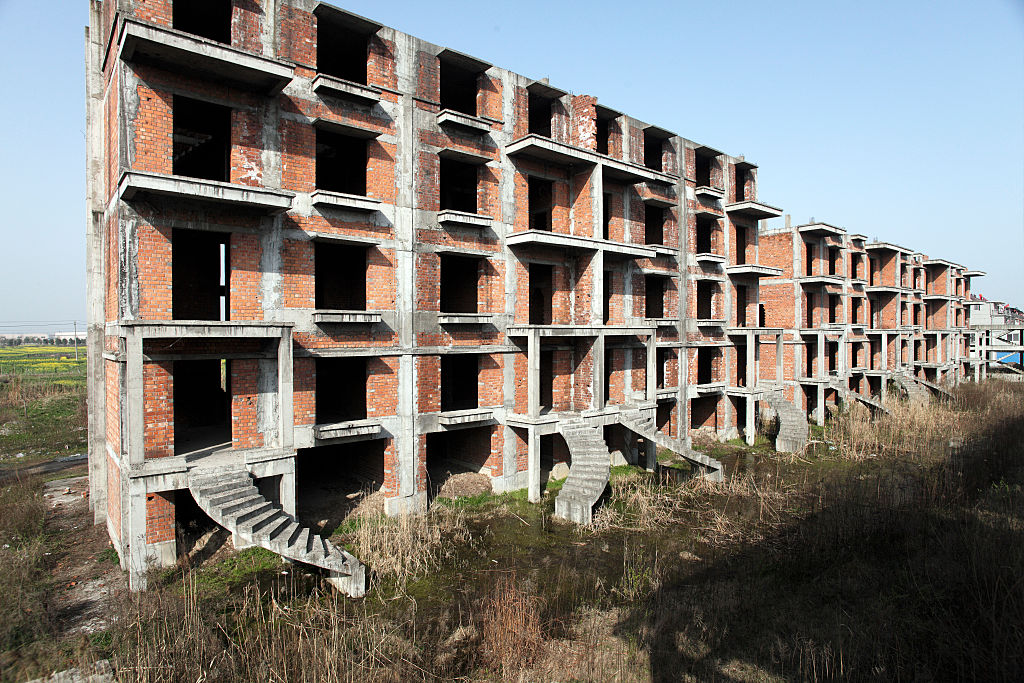Great news. Living in a damp home can help you live longer. Admittedly, I am not all that convinced, but it is no less valid a conclusion to draw from a paper in the Journal of Epidemiology and Community Health than the line that has been reported in the Guardian and elsewhere today: that living in private rented accommodation (but not social housing) can speed up the ageing process.
This feels like a peer-reviewed study which appears to confirm prejudices – in this case, social housing good, privately-rented housing bad. You can see it is going to be trotted out by Guardian journalists for years to come as ‘scientific evidence’ that private renting is killing people and that we need massive investment in social housing. But does it really tell us that? Dig down into the study and it all gets a bit nebulous. What the researchers have done is to take data on DNA methylation – that they use as a marker for the speed of the ageing process – from 1,420 people and cross-compare it with data on those people’s housing arrangements. When they find a correlation that just creeps over the threshold considered ‘statistically significant’ they get excited. Are housing circumstances associated with faster epigenetic ageing?
A sample of 1,420 people might sound plenty, but not when you have hundreds of lifestyle variables that might possibly affect someone’s health. The authors of the study have tried to adjust their results for a number of factors, such as sex, education, socio-economic background, BMI, and smoking. But when you do that, you are not going to have large numbers of, say, university-educated women who have professional jobs, have a BMI of 35, smoke 20 a day, and live in a council house.
Moreover, there will be other factors that the study has failed to take into account. Are the private renters, for example, more likely to live urban-based lifestyles, where they are exposed to more traffic fumes, have more stressful jobs, go out clubbing, and take more recreational drugs, and so on? Possibly, but there is little way of telling from the data. Nor is the tenure of someone’s housing much of a guide in itself to someone’s living conditions. There might be some lousy, mould-speckled privately-rented housing out there, but there is also some pretty dreadful social housing and privately-owned housing, too. Similarly, there might be plenty of private renters who are living in financial insecurity, worrying about being able to pay the rent or being thrown out of their homes, but there are also plenty of homeowners worried about paying the mortgage and social housing tenants worried about being stuck on estates controlled by drug-dealers. Again, the data used in this study tells us little about any of this.
An unheated home in Britain is going to be a pretty damp one in winter
If you are going to draw sensible conclusions from epidemiological studies you need very large samples. The British Doctors’ Study which first established the link between smoking and lung cancer, for example, involved 60,000 people. Try to make something out of a sample of 1,400 people, and you are bound to end up with perverse correlations such as that linking damp to a slower rate of ageing. The authors try to explain that particular finding away, not very convincingly, by suggesting that people who normally heat their homes are more likely to complain of condensation in cold weather. An unheated home in Britain is going to be a pretty damp one in winter.
By the way, I have no axe to grind because I am on the side of those who argue that the UK housing market is a disaster; that it has condemned many people to live in privately-rented housing when they would really like to own their home. It is just that when you see the quality of some of the studies, even peer-reviewed ones, cited in favour of one political policy over another you really do begin to wonder whether we ask enough questions about what gets pumped out by universities.







Comments